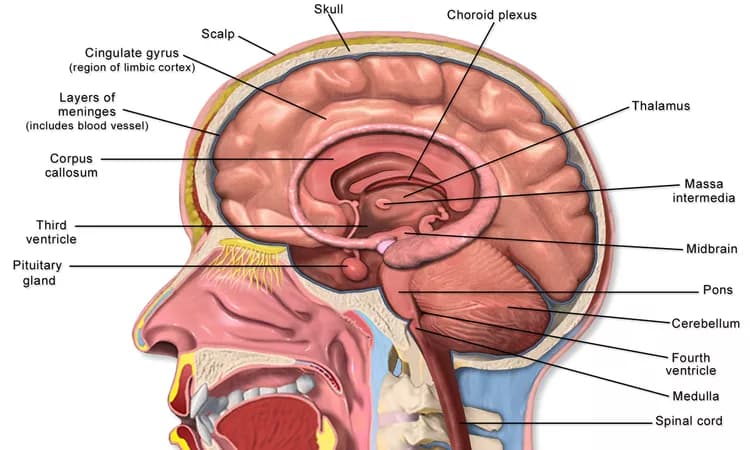
Brain Takes Seconds To Switch Modes During Tasks
The brain rapidly switches between operational modes in response to tasks and what is replayed can predict how well a task will be completed, according to a new UCL study in rats.
"We know that the brain replays remembered experiences during rest to extract important information, this consolidation process preserves memories for recall in the future. But replay is also important for planning" explained lead researcher, Dr Freyja Ólafsdóttir (UCL Cell & Developmental Biology).
"We wanted to see how replay changed while animals carried out simple spatial tasks and found that it only takes 10-15 secs for the brain to switch from a mode in which replay occurs to support planning -- when the rat is engaged in a task -- to a mode supporting memory consolidation -- when it is resting."
The study, published in Neuron and funded by Wellcome and the Royal Society, provides the first evidence that switching between modes occurs dynamically according to the demands of the task and that replay is important for spatial behaviour.
Eight rats ran on a Z-shaped track at their own pace. At each corner, when they took the correct path, the animals were rewarded with food. While the rats paused at the corner, the team studied the responses of place cells in the hippocampus, where planning happens and memories are formed, and grid cells in the entorhinal cortex, which is believed to be important for consolidation.
They found that when the rats had just arrived at or were about to start a new trajectory from a corner, replay in the hippocampus reflected navigational planning and decision making. Replay switched to a state favouring memory consolidation when the animals rested at the corners, which was supported by the activation of grid cells in the entorhinal cortex.
"We saw the rats replaying the path they had just taken or the one that they were about to take. The brain was more engaged and task focused and the animals completed the task more successfully as a result," said co-author, Dr Caswell Barry (UCL Cell & Developmental Biology).
"When rats rested for prolonged periods of time, replay still occurred at the same rate but was less focused and featured distant parts of the track. While we can't tell what the rats were thinking, it does appear that they disengaged from the task and started to consolidate past experiences."
The team used machine learning methods to track the different types of replay and the outcome of the task. They found it was possible to predict how successful the rats would be in completing the task based on replay -- rats whose replay focused on the task were better at navigating the track.
Although this does not give a causal link between types of replay and behaviour, the researchers are keen to investigate the relationship further.
"Replay only occurs in very short bursts of time -- about 100ms -- but we think it has important implications in learning, planning and decision making. Our next step is to find out if we can disrupt or control this process and if so, how it affects behaviour," concluded Dr Ólafsdóttir.
Materials provided by University College London. Note: Content may be edited for style and length.
Disclaimer: DoveMed is not responsible for the accuracy of the adapted version of news releases posted to DoveMed by contributing universities and institutions.
References:
H. Freyja Ólafsdóttir, Francis Carpenter, Caswell Barry. (2017). Task Demands Predict a Dynamic Switch in the Content of Awake Hippocampal Replay. Neuron. DOI: 10.1016/j.neuron.2017.09.035
Related Articles
Test Your Knowledge
Asked by users
Related Centers
Related Specialties
Related Physicians
Related Procedures
Related Resources
Join DoveHubs
and connect with fellow professionals

0 Comments
Please log in to post a comment.